行業(yè)資訊
六個壓路機(jī)必看的知識點(diǎn)
來源:http://guixin.net.cn/ 日期:2022-03-18
一 、壓路機(jī)的分類
1、 Classification of rollers
壓路機(jī)按工作質(zhì)量范圍可分為輕型、小型、中型、重型和超重型。根據(jù)壓實(shí)原理的不同,壓路機(jī)可分為靜作用式、振動式和沖擊式。根據(jù)壓實(shí)輪結(jié)構(gòu)型式,壓路機(jī)可分為光輪式、凸塊(羊腳碾)式和輪胎式等。根據(jù)壓實(shí)輪組合型式,壓路機(jī)可分為輪胎-光輪組合式、振動-振蕩組合式等。根據(jù)壓實(shí)輪作用形式,振動壓路機(jī)可分為振動式、振蕩式和垂直振動式等。
Road rollers can be divided into light, small, medium, heavy and super heavy according to the scope of work quality. According to different compaction principles, road rollers can be divided into static action type, vibration type and impact type. According to the structural type of compaction wheel, the roller can be divided into smooth wheel type, bump (sheep foot roller) type and tire type. According to the compaction wheel combination type, the roller can be divided into tire smooth wheel combination type, vibration oscillation combination type, etc. According to the action form of compaction wheel, vibratory roller can be divided into vibratory type, oscillating type and vertical vibratory type.
二、壓路機(jī)操作技巧知識點(diǎn)
2、 Operating skills and knowledge points of roller
壓路機(jī)向前或向后行走,此時應(yīng)先試下腳剎車是否靈敏。注意:踩腳剎車時,不可用力過猛,應(yīng)注意不要忘記先踩離合器。轉(zhuǎn)動方向盤在原地試下,液壓轉(zhuǎn)向器是否有可靠。后扳發(fā)動機(jī)油門手柄使發(fā)動機(jī)達(dá)到速。變速或換向時壓路機(jī)要先降低發(fā)動機(jī)轉(zhuǎn)速,使壓路機(jī)速度下降;變速或換向前,必須踩下主離合器,否則齒輪會發(fā)生早期磨損或折斷。然后輕推或輕位變速或倒順手柄,下到齒輪完嚙合為止。
When the roller moves forward or backward, first test whether the foot brake is sensitive. Note: when stepping on the foot brake, do not apply too much force. Be careful not to forget to step on the clutch first. Turn the steering wheel and test whether the hydraulic steering gear is reliable in place. Pull back the engine throttle handle to make the engine reach speed. When changing speed or reversing, the roller shall first reduce the engine speed to reduce the speed of the roller; When changing speed or shifting forward, the main clutch must be pressed, otherwise the gear will be worn or broken early. Then gently push or slightly shift or reverse the handle until the gear is meshed.
三、壓路機(jī)碾壓技巧
3、 Roller rolling skills
無論是上坡碾壓還是下坡碾壓,壓路機(jī)的驅(qū)動輪均應(yīng)在后面,這樣做有以下優(yōu)點(diǎn):上坡時,后面的驅(qū)動輪可以承受坡道及機(jī)器自身所提供的驅(qū)動力,同時前輪對路面進(jìn)行初步壓實(shí),以承受驅(qū)動輪所產(chǎn)生的較大的剪切力;下坡時,壓路機(jī)自重所產(chǎn)生的沖擊力是靠驅(qū)動輪的制動來抵消的,只有經(jīng)前輪碾壓后的混合料才有支承后驅(qū)動輪產(chǎn)生剪切力的能力。
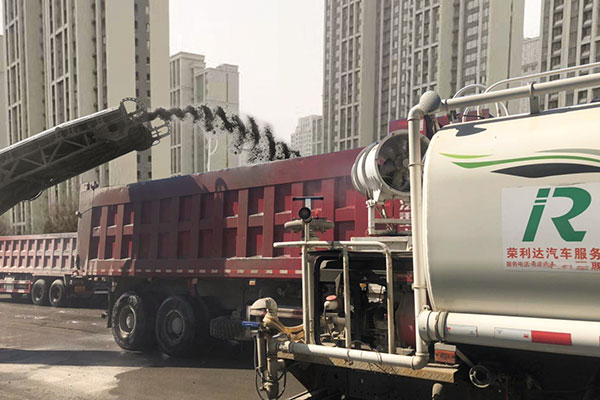

Whether rolling uphill or downhill, the driving wheel of the roller should be behind. This has the following advantages: when going uphill, the driving wheel behind can bear the driving force provided by the ramp and the machine itself. At the same time, the front wheel preliminarily compacts the road surface to bear the large shear force generated by the driving wheel; When going downhill, the impact force generated by the self weight of the roller is offset by the braking of the driving wheel. Only the mixture rolled by the front wheel has the ability to support the rear driving wheel to generate shear force.
四、壓路機(jī)選購技巧
4、 Selection skills of roller
若想獲得均勻的壓實(shí)密度,可選用輪胎式壓路機(jī)。輪胎式壓路機(jī)在碾壓時不破壞土壤原有的粘度,各層土壤之間有良好的結(jié)合性能,加之前輪可擺動,故壓實(shí)較為均勻,不會有虛假壓實(shí)情況。若想使路面壓實(shí)平整,可選用驅(qū)動式壓路機(jī)。如果是長期作業(yè)于路基壓實(shí)的場所,應(yīng)選購強(qiáng)夯或沖擊壓路機(jī),若要盡快達(dá)到壓實(shí)效果,可選用大噸位的壓路機(jī),以縮短工期。
If you want to obtain uniform compaction density, you can choose a tire roller. When rolling, the tire roller does not destroy the original viscosity of the soil, and there is good bonding performance between each layer of soil. In addition, the front wheel can swing, so the compaction is relatively uniform and there will be no false compaction. If you want to compact and level the road surface, you can choose a driven roller. In case of long-term operation in the place of subgrade compaction, dynamic compaction or impact roller shall be selected. In order to achieve the compaction effect as soon as possible, large tonnage roller can be selected to shorten the construction period.
五、常見壓路機(jī)故障處理方法
5、 Troubleshooting of common roller faults
燃油管路空氣排除方法:壓路機(jī)的柴油機(jī)在使用過程中,因油箱中缺少柴油而熄火。柴油機(jī)熄火后,油箱中雖加上柴油,但此時柴油管路中已經(jīng)進(jìn)入空氣,使用手油泵已無法恢復(fù)供油。
Air removal method of fuel pipeline: the diesel engine of the roller stalls due to the lack of diesel in the oil tank during use. After the diesel engine is shut down, although diesel is added to the oil tank, air has entered the diesel pipeline at this time, and the oil supply cannot be restored by using the hand oil pump.
為排除柴油管路中的空氣,使該柴油機(jī)順利啟動,我們采取以下方法:先找來1個小盆并盛裝定量柴油,將其放置在比柴油泵略高的位置;其次,將油箱連接手油泵的柴油管拆下,放入這個小盆的柴油中;再次,用手油泵泵送柴油,將低壓油路中的空氣排除干凈后,再將油箱連接手油泵的柴油管裝復(fù)后試機(jī),柴油機(jī)啟動正常。
In order to eliminate the air in the diesel pipeline and make the diesel engine start smoothly, we take the following methods: first find a small basin and fill it with quantitative diesel, and place it slightly higher than the diesel pump; Secondly, remove the diesel pipe connecting the oil tank to the hand oil pump and put it into the diesel in this small basin; Thirdly, pump the diesel oil with the hand pump, remove the air in the low-pressure oil circuit, reinstall the diesel pipe connecting the oil tank to the hand pump, and then test the engine. The diesel engine starts normally.
六、壓路機(jī)維護(hù)知識點(diǎn)
6、 Roller maintenance knowledge points
變速箱保養(yǎng):變速箱每季少清洗一次,清洗時,先在熱狀態(tài)下,停車擰開變速箱側(cè)的放油螺塞,把箱內(nèi)潤滑油放出,再把油塞擰上,箱內(nèi)灌入煤油,起動柴油機(jī),使變速箱低速運(yùn)轉(zhuǎn)2-3分鐘,停車放掉煤油,清洗油塞并擰到變速箱上,(注意:必須將煤油清放干凈,以免潤滑油與殘留煤油混合而失去潤滑果),然后再加新潤滑油,加油面到油尺的標(biāo)志線。
Gearbox maintenance: the gearbox shall be cleaned at least once a quarter. When cleaning, first stop the vehicle in a hot state, unscrew the oil drain plug on the side of the gearbox, drain the lubricating oil in the gearbox, then screw on the oil plug, fill the gearbox with kerosene, start the diesel engine, run the gearbox at low speed for 2-3 minutes, stop the vehicle, drain the kerosene, clean the oil plug and screw it onto the gearbox, (Note: the kerosene must be cleaned to avoid the loss of lubricating fruit due to the mixing of lubricating oil and residual kerosene), and then add new lubricating oil until the oil level reaches the mark line of the dipstick.




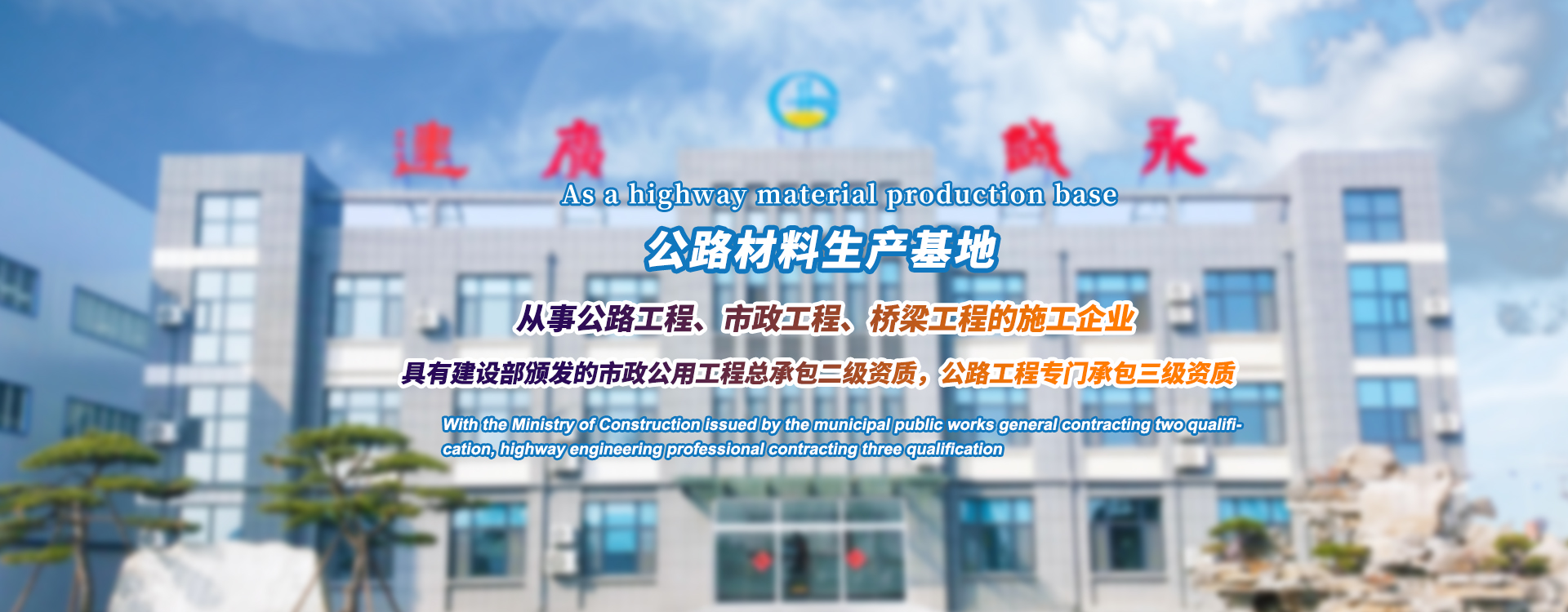





















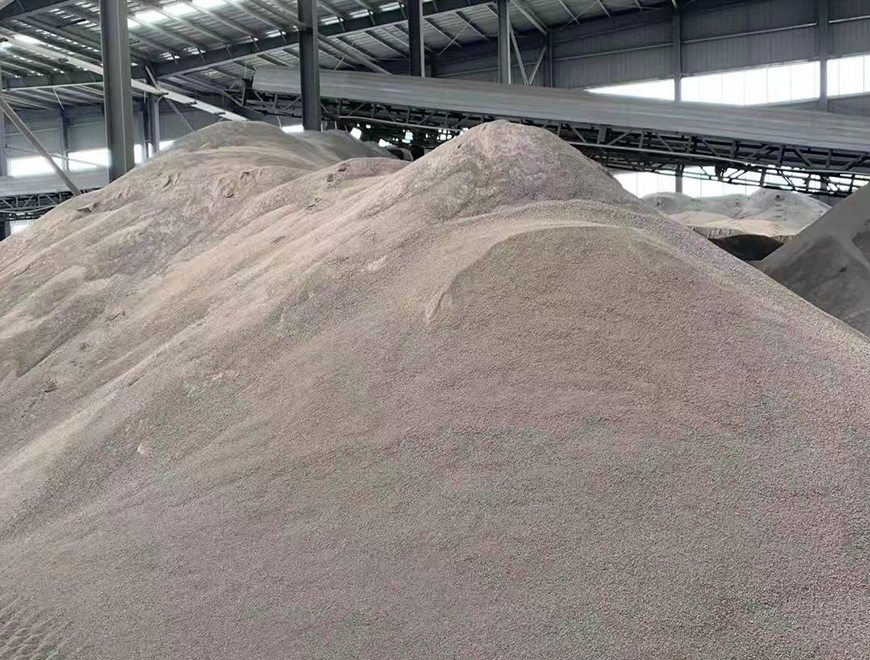









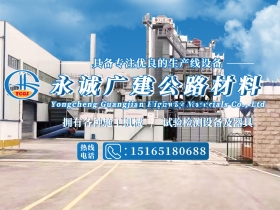



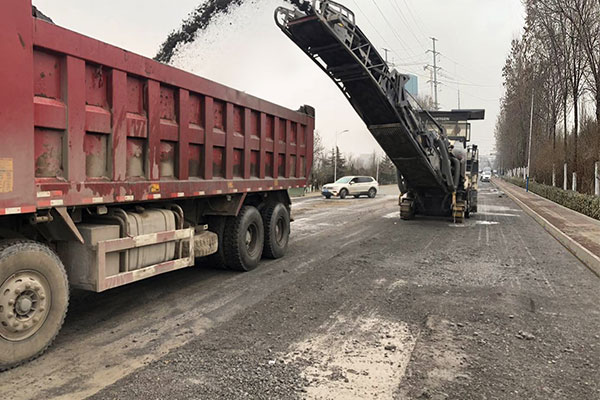




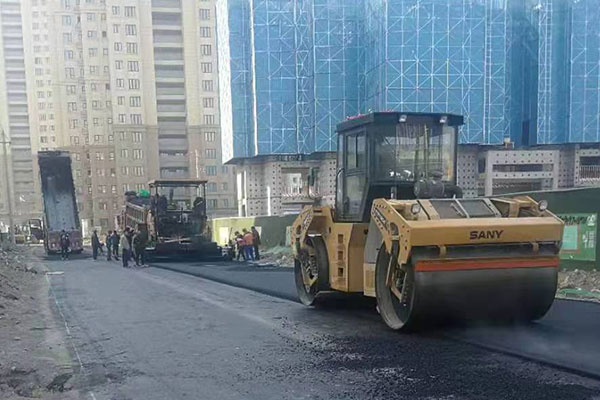





 公司地址:濟(jì)南市商河縣賈莊鎮(zhèn)民營經(jīng)濟(jì)創(chuàng)業(yè)園
公司地址:濟(jì)南市商河縣賈莊鎮(zhèn)民營經(jīng)濟(jì)創(chuàng)業(yè)園 公司名稱:永誠廣建公路材料(山東)有限公司
公司名稱:永誠廣建公路材料(山東)有限公司  備案號:
備案號: